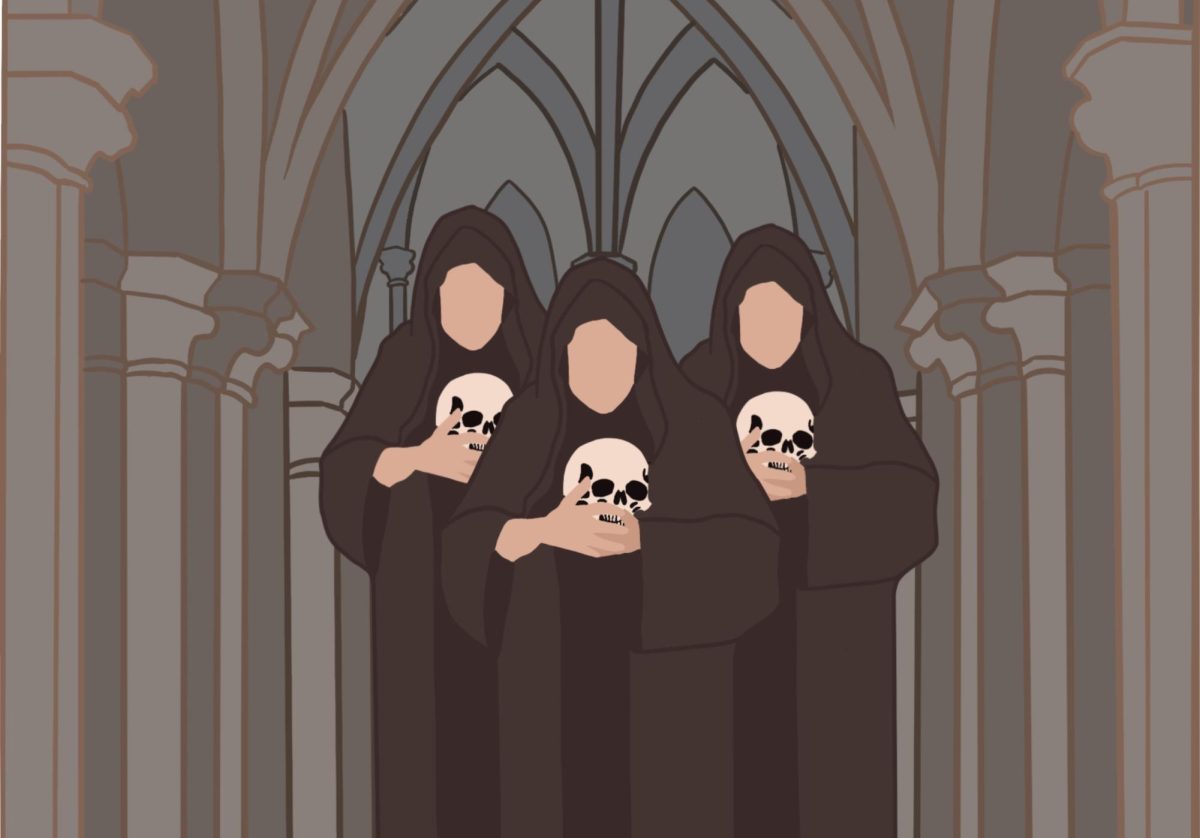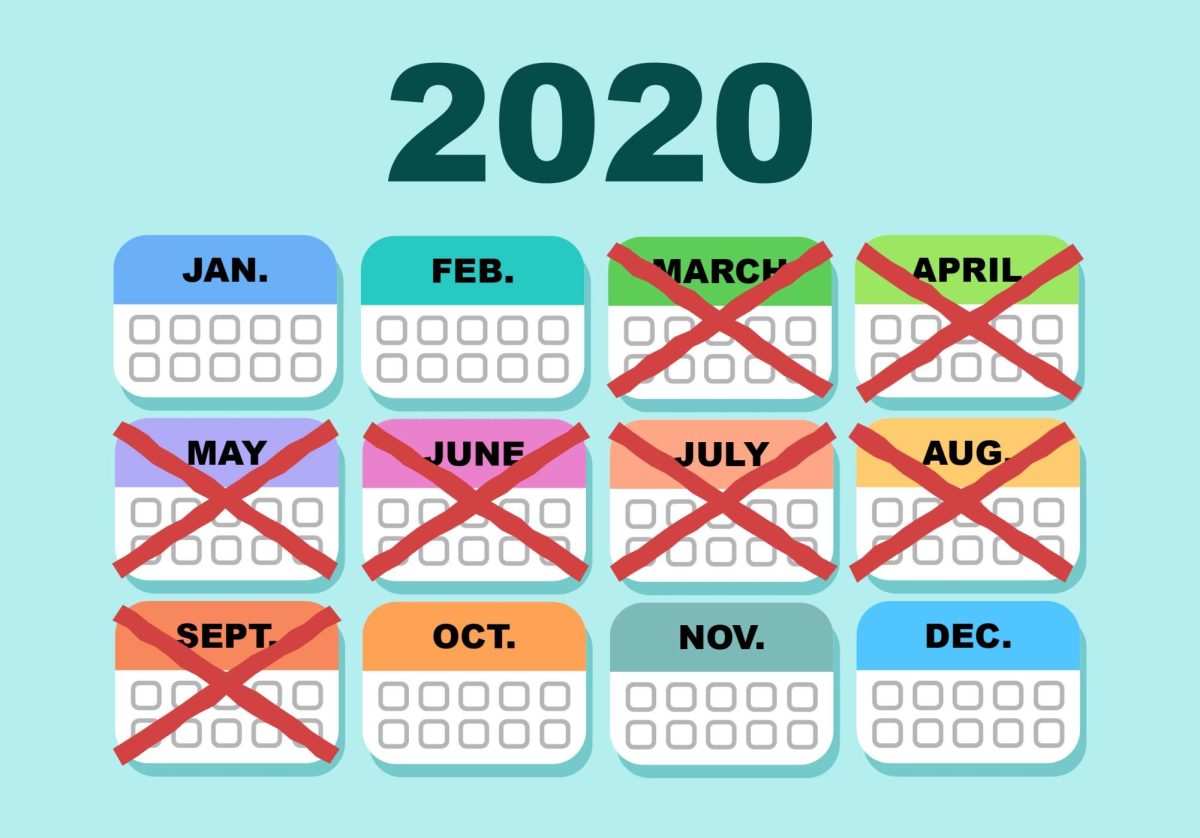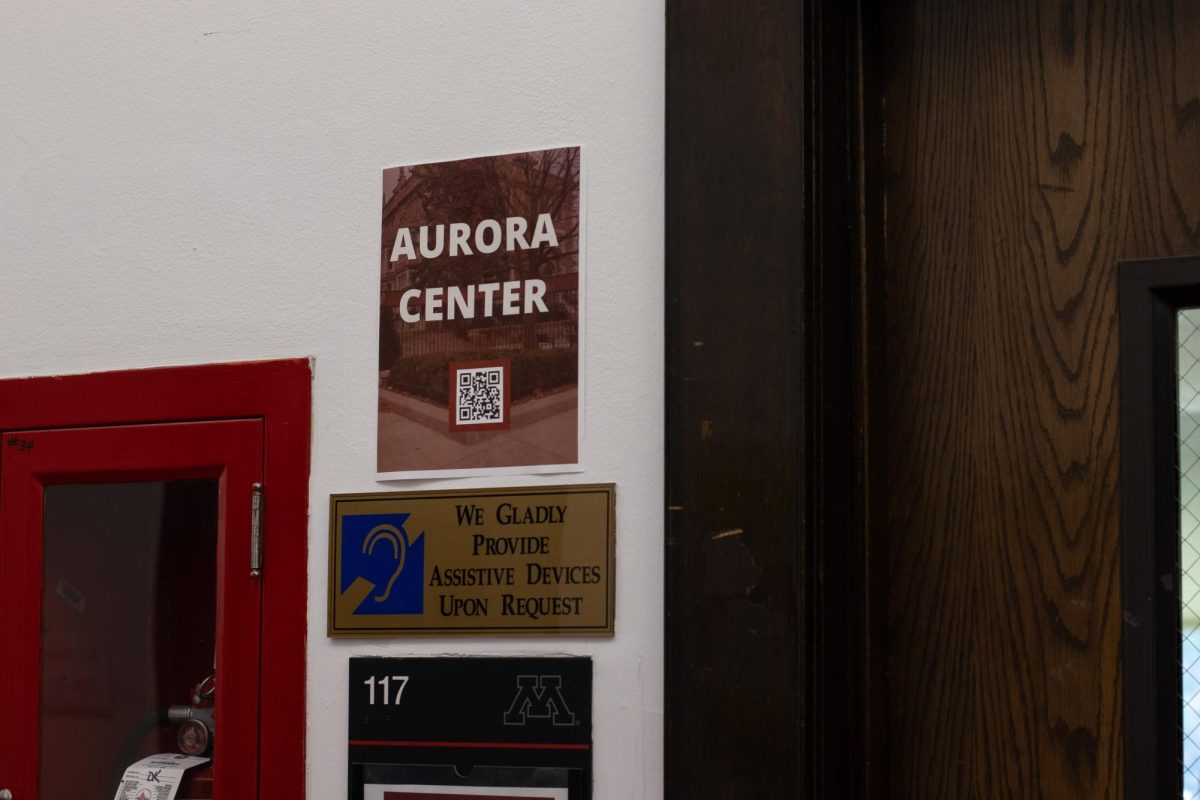American politics is broken. That might be the understatement of the year. The Senate, especially, has a tough time getting much of anything done with its filibuster rule unlikely to go anywhere anytime soon. Over in the House, well, Marjorie Taylor Greene is a member, if that says anything. In the Supreme Court, politics seems to slowly be taking over, as decisions are increasingly decided along the lines of what party’s president appointed the justice to the Court (every once in a while, Kavanaugh and Roberts surprise me, to their credit).
I touched on all three branches of the American government — executive, legislative, and judicial — in my opening paragraph. That was intentional. When people think of American politics in general, they are usually quick to (correctly) say that American politics is broken. According to Gallup polling, just 23% of Americans approve of Congress , 40% approve of President Biden, and 40% approve of the Supreme Court.
So, if Americans as a whole are usually pretty good at assessing the ineptitude of all three branches of government in the present, why are our memories so bad when looking at politicians in the past? How many years out of office does it take before we choose to put on the nostalgia goggles?
I’ll give some examples:
First, on Jan. 6, Congressional Democrats praised Dick Cheney. I understand the goal — uniting people from different political ideologies around the similar goal to sustain our democracy — but are there no better options of Republicans aiming for a better democracy than Dick Cheney, a part of an administration that 1) lied us into two decades of war in the Middle East and 2) massively expanded illegal surveillance of Americans under the guise of anti-terrorism efforts post-9/11?
I can say many of the same things about George W. Bush. Though it can be cute and fun to talk about his friendship with Michelle Obama, let us not forget that he was one of the worst presidents we have seen, lied us into a seemingly endless war, expanded the surveillance state and allowed for the conditions that led to the Great Recession. Saying his actions as president are inexcusable would be an understatement.
New York Times’ columnist Thomas Friedman wrote a column on a potential Biden/Liz Cheney presidential ticket in 2024. To his credit, he recognizes that this is extremely unlikely, but the argument is still horrible; if the Democrats want a vice presidential candidate across the aisle that can at least be a small-d democrat, shouldn’t they at least support expanding voting rights through the Freedom to Vote Act? Or is the only thing that matters anymore being anti-Trump?
We wear the nostalgia goggles with recent Democrats, too. Barack Obama and Bill Clinton are the most and seventh-most popular Democrats today, respectively, per YouGov polling. For what? Clinton is responsible for the 1994 crime bill and ending “welfare as we know it,” something that Clinton claimed as a positive. Obama came into office in 2009 with massive majorities in both houses of Congress, even a filibuster-proof Senate for a short period of time, and 1) wasn’t able to pass a public health insurance option, and 2) massively underspent at the beginning of his presidency, leading to a prolonged recession. And I haven’t mentioned Obama’s drone strikes or being soft on Wall Street. The policies of these two Democrats led to wealth continuing to trickle to the top and needless death in the Middle East.
Some will say that this column is too harsh. “We need to accept our political differences,” they might say. I have a few different responses to that. First, the criticisms I raised are not political differences, but realities of what happened under these politicians’ watch. Second, as politicians, criticism from voters is exactly what they signed up for. As both a voter and (at least temporarily) a member of the media, it is our job to criticize their shortcomings. If you choose politics as your career — which George W. Bush, the Cheneys, Barack Obama and Bill Clinton all did — there is no longer any separation between your personal life and your political life.
As with many questions I pose, I’m not certain of the answer to my headline. But I do know this: for positive change to occur in the future, we must first reckon with the true history of our politicians’ pasts.
Democracies only last if voters hold elected officials accountable. If not, the natural progression is oligarchy — whether officially recognized as such or not. To ensure powerful people in America and elsewhere are held accountable, we first need to ensure we have an honest, accurate account of them. I’m far from innocent in this respect either, but I try my best. If this column does anything, hopefully it encourages everyone — voters, politicians, and the media — to take off the nostalgia goggles and truly see our elected officials in a more accurate way.














